Find Help
More Items From Ergsy search
-
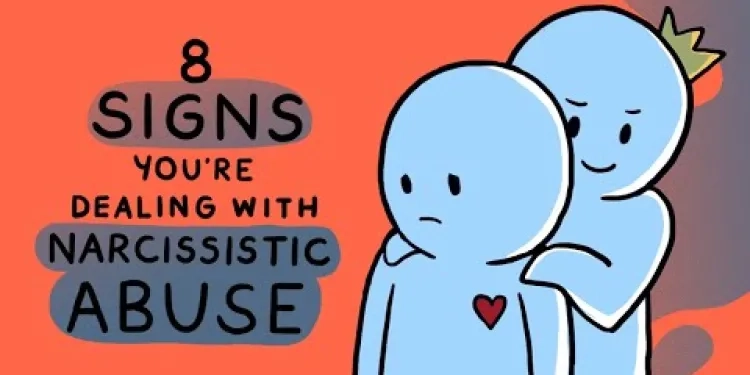
8 Signs You Are Dealing with Narcissistic Abuse
Relevance: 100%
-
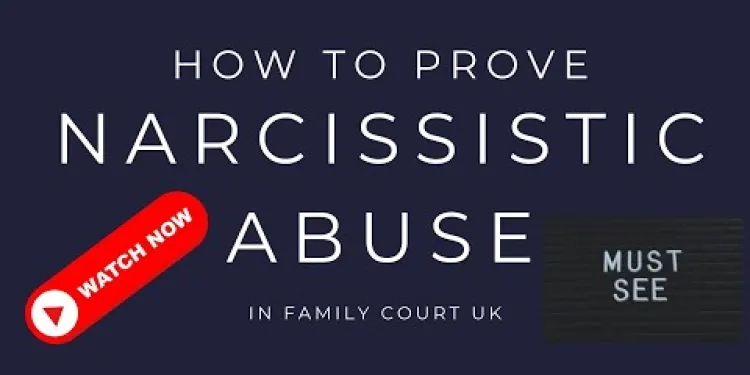
How To Prove Narcissistic Abuse In Family Court UK
Relevance: 81%
-
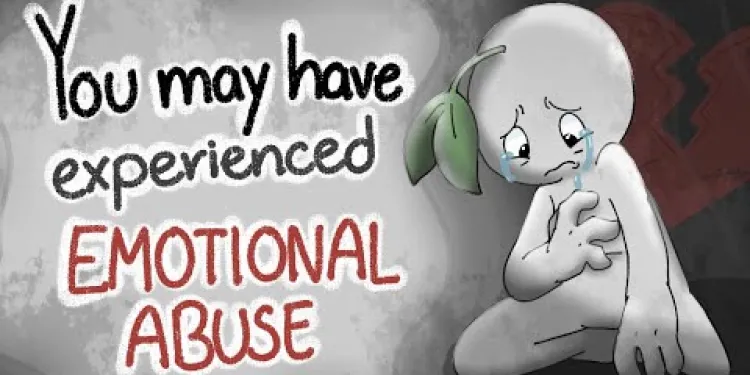
6 Signs of Emotional Abuse and Neglect
Relevance: 52%
-
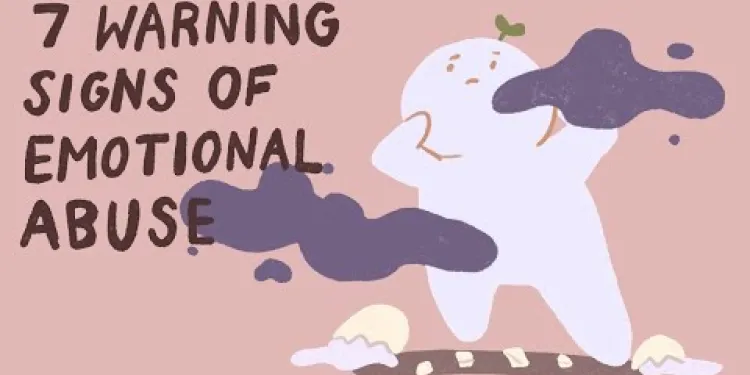
7 Warning Signs of Emotional Abuse
Relevance: 52%
-
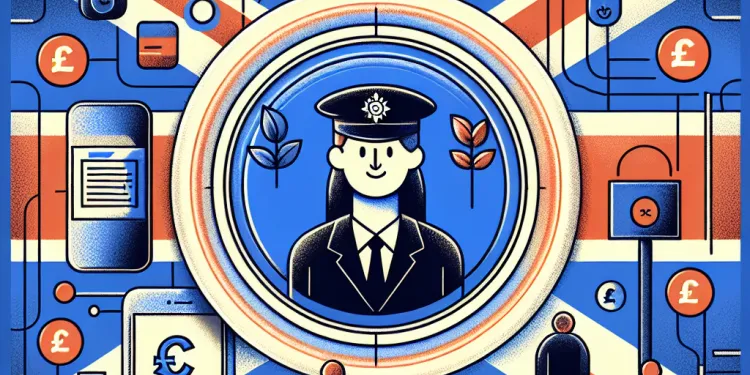
What are the signs of honour based abuse?
Relevance: 52%
-

5 Signs You've Been Mentally Abused
Relevance: 46%
-

When Kids Abuse Kids
Relevance: 38%
-

Are you a male victim of domestic abuse?
Relevance: 37%
-

Live Fear Free - Domestic Abuse
Relevance: 37%
-

What is Honour Based Abuse?
Relevance: 37%
-

What constitutes economic abuse under the Domestic Abuse Act 2021?
Relevance: 36%
-
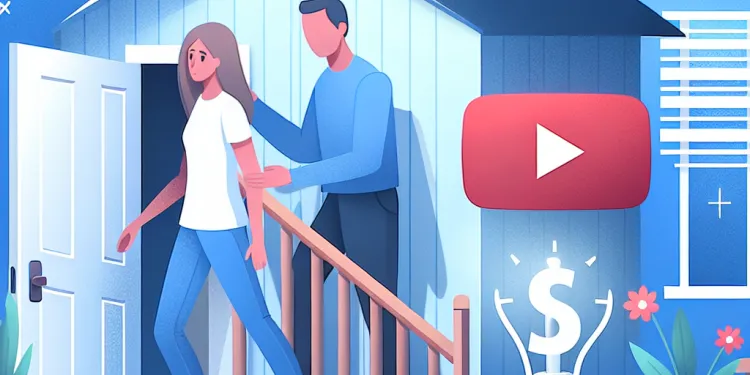
Steps to Take When Facing Domestic Abuse
Relevance: 35%
-
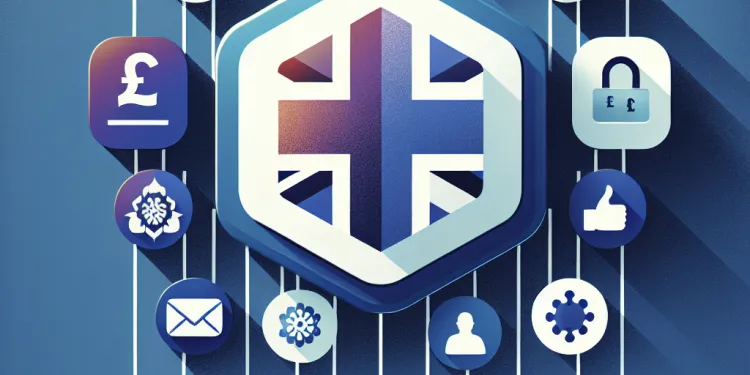
How can honour based abuse be prevented?
Relevance: 34%
-
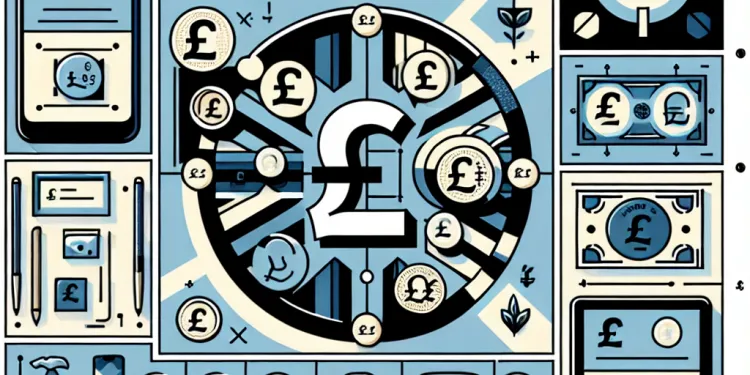
Is honour based abuse a cultural practice?
Relevance: 33%
-

Can men be perpetrators of honour based abuse?
Relevance: 33%
-

Who can be a victim of honour based abuse?
Relevance: 32%
-

What is the new Domestic Abuse Act in the UK?
Relevance: 32%
-
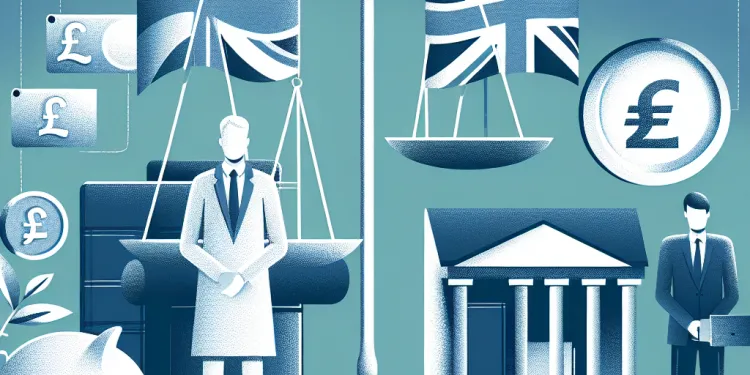
Understanding the New Domestic Abuse Laws in the UK
Relevance: 32%
-

What forms can honour based abuse take?
Relevance: 32%
-

Understanding the Impact of the UK's New Domestic Abuse Legislation
Relevance: 31%
-

Live Fear Free - The Effect of Domestic Abuse on Children
Relevance: 30%
-
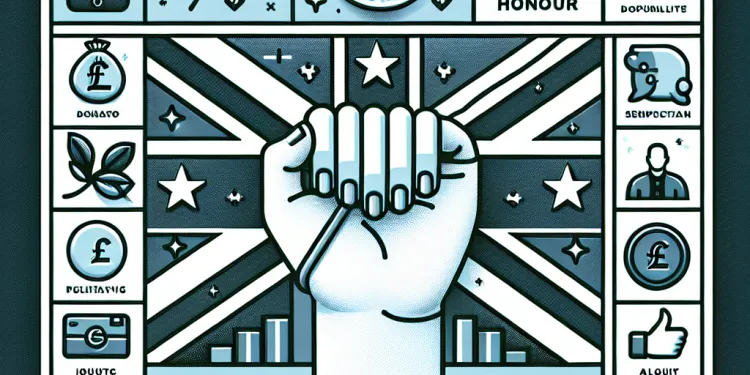
How does honour based abuse impact victims?
Relevance: 29%
-

When did the Domestic Abuse Act 2021 come into effect?
Relevance: 29%
-

Three-year limit for child sexual abuse claims to be removed
Relevance: 29%
-

Who can be considered a domestic abuse perpetrator under the new law?
Relevance: 28%
-
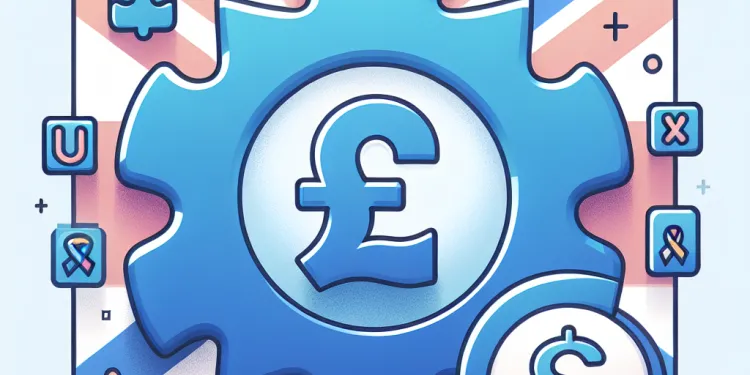
What are the signs of autism?
Relevance: 23%
-
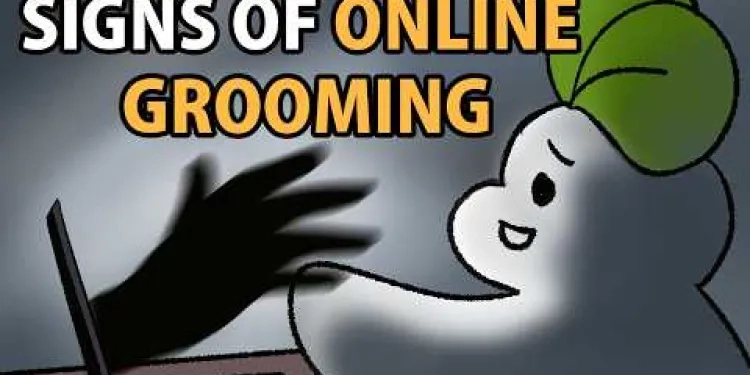
5 Warning Signs of Online Grooming
Relevance: 22%
-
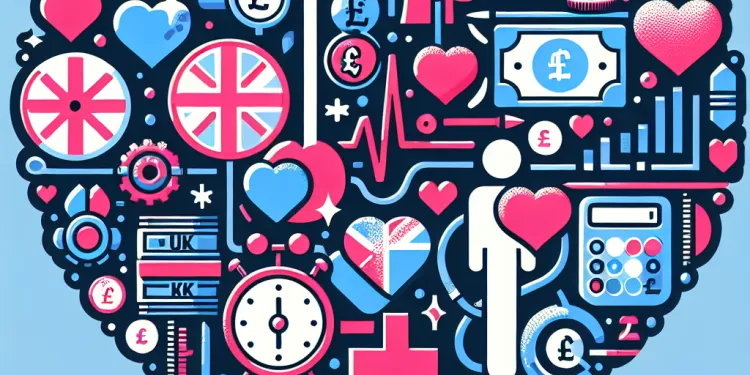
What are the signs that my relationship is making me depressed?
Relevance: 22%
-
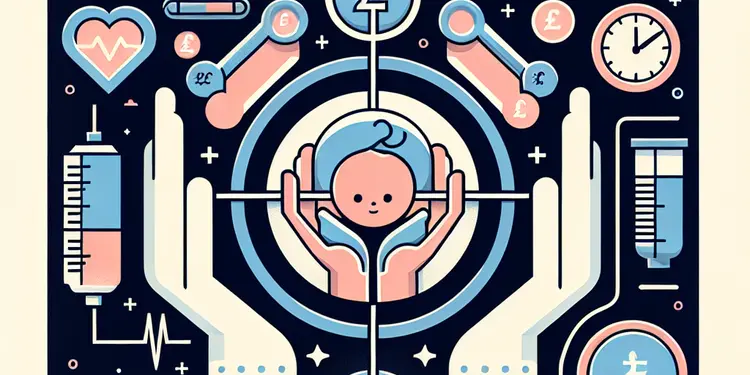
What are the signs of meningitis in infants?
Relevance: 22%
-

What are the signs of heat exhaustion?
Relevance: 21%
-

How do you sign up for the Postcode Lottery?
Relevance: 20%
-

Leukaemia: What are the signs and symptoms? | NHS
Relevance: 20%
-
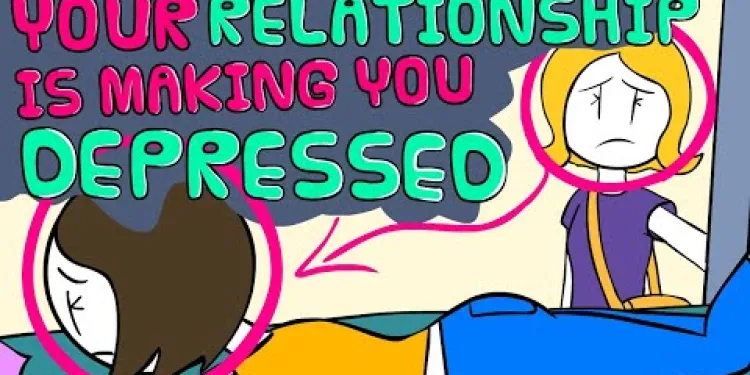
7 Signs Your Relationship is Making You Depressed
Relevance: 20%
-
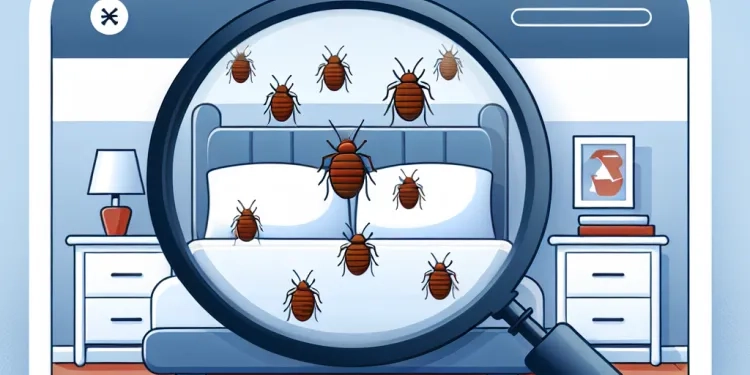
What are the signs of a bed bug infestation?
Relevance: 20%
-
What are the early warning signs of an eating disorder?
Relevance: 20%
-

What are some signs of heat exhaustion?
Relevance: 20%
-

What is the first sign of Lyme disease?
Relevance: 19%
-

Dyspraxia Symptoms & Signs
Relevance: 19%
-

What are the signs that weight loss jabs are working?
Relevance: 19%
-

What are some signs of poor gut health?
Relevance: 19%
8 Signs You Are Dealing with Narcissistic Abuse
Narcissistic abuse can be emotionally draining and challenging to identify since the signs are often subtle and insidious. Understanding these signs can empower individuals to take steps towards healing and recovery. Here, we explore eight key indicators that might suggest you are experiencing narcissistic abuse, specifically focusing on how it manifests in the United Kingdom.
1. Manipulative Behaviour
In a narcissistic relationship, manipulation is a common tool used to control the other person. This might involve gaslighting, where the narcissist attempts to distort your perception of reality, leaving you doubting your own experiences and memories. Being aware of this tactic can help you regain confidence in your own judgement.
2. Lack of Accountability
Narcissists often refuse to take responsibility for their actions. Instead, they project blame onto others, leaving you feeling guilt-ridden and responsible for problems in the relationship. This can create a cycle of self-doubt and misplaced guilt, which is crucial to recognise in order to resist being unfairly blamed.
3. Emotional Exploitation
Narcissistic abusers frequently exploit the emotions of others, using empathy and compassion as weaknesses to be manipulated. They may play the victim to elicit sympathy, yet promptly turn indifferent or hostile when confronted with any issues that concern you.
4. Triangulation
This involves bringing a third party into the relationship dynamic, which can create jealousy and competition. In the UK, this might manifest through involving mutual friends or family members to validate their perspectives or undermine your standing. Recognizing triangulation is critical in addressing such triangulative manipulation.
5. Love Bombing Followed by Devaluation
Initial stages of a relationship with a narcissist often involve intense displays of affection, known as love bombing. However, this is usually followed by periods of devaluation, where the narcissist criticises and belittles you. This cycle can be confusing and damaging to self-worth.
6. Boundary Violation
Narcissists often fail to respect personal boundaries, imposing their needs and desires onto others. In British culture, where personal space and privacy are highly valued, boundary violations can be particularly distressing and should be addressed firmly to protect your well-being.
7. Isolation from Support Networks
Abusers may attempt to isolate you from friends and family, creating more dependence on them. This tactic prevents you from seeking external support that could challenge their control. Recognizing and resisting attempts at isolation are vital steps towards empowerment.
8. Emotional Instability
A relationship with a narcissistic individual is often marked by emotional turmoil. They may have erratic mood swings and unpredictable anger, leading to a volatile environment that keeps you on edge. Understanding this pattern can help you detach from emotional manipulation and regain stability.
Recognizing these signs is the first step towards coping with narcissistic abuse. Support networks, such as local mental health charities and helplines in the UK, can provide assistance and guidance. Understanding these aspects can aid individuals in reclaiming their lives and fostering healthier relationships.
8 Signs You Are Dealing with Narcissistic Abuse
Narcissistic abuse is when someone makes you feel bad or confused. It can be hard to see because the signs are not always clear. Recognizing these signs is important for feeling better. Here are eight signs that might show you are facing narcissistic abuse, especially in the UK.
1. Manipulative Behaviour
Manipulation means tricking someone to control them. A narcissist might make you doubt your memories. This makes you unsure about what is real. Knowing this can help you trust yourself again.
2. Lack of Accountability
A narcissist does not like saying sorry or admitting when they are wrong. They blame others for their mistakes. This can make you feel guilty for things that are not your fault. Understand this so you stop feeling wrongly blamed.
3. Emotional Exploitation
Narcissists use your feelings to control you. They might pretend to be sad to get your sympathy. But when you have a problem, they might not care. Seeing this can help you protect your feelings.
4. Triangulation
This is when a narcissist involves a third person to upset you. They might bring in friends or family to make you jealous. Knowing this trick helps you deal with it.
5. Love Bombing Followed by Devaluation
At first, a narcissist might give you lots of love and attention. This is called love bombing. Later, they might start to criticise and upset you. This cycle can hurt your self-esteem.
6. Boundary Violation
Narcissists do not respect your personal space and may push their needs onto you. In the UK, where privacy is important, this can be very upsetting. It is important to set and keep boundaries to stay safe.
7. Isolation from Support Networks
A narcissist might try to keep you away from friends and family. This makes you depend more on them. It is important to stay connected to other people who support you.
8. Emotional Instability
Being with a narcissist can feel like an emotional rollercoaster. They might suddenly get angry or change moods. This makes you feel uneasy. Knowing this pattern helps you find peace and stability.
Recognizing these signs is a big step towards dealing with narcissistic abuse. You can get help from friends, family, or local support services in the UK. This support can help you take back your life and build better relationships.
Frequently Asked Questions
What is narcissistic abuse?
Narcissistic abuse is a form of emotional and psychological abuse perpetrated by someone with narcissistic traits, usually focused on manipulating and controlling the victim.
What are the signs of narcissistic abuse?
Signs of narcissistic abuse include gaslighting, lack of empathy, constant criticism, manipulation, blame-shifting, public humiliation, emotional invalidation, and the silent treatment.
How does gaslighting manifest in narcissistic abuse?
In narcissistic abuse, gaslighting involves distorting or denying reality, causing the victim to doubt their own perceptions and feelings.
Why do narcissists use manipulation tactics?
Narcissists use manipulation tactics to maintain control over their victims and to feed their need for admiration and attention.
What is emotional invalidation?
Emotional invalidation is when the narcissist dismisses or disregards the victim's feelings, suggesting they are unimportant or irrational.
How does blame-shifting occur in narcissistic abuse?
Blame-shifting occurs when the narcissist refuses to take responsibility for their actions and instead blames the victim for causing problems.
What should I do if I'm experiencing narcissistic abuse?
If you're experiencing narcissistic abuse, it's important to seek support from trusted friends, family, or professionals and consider setting boundaries to protect yourself.
Can narcissistic behaviour change over time?
Narcissistic behaviour is deeply ingrained and difficult to change. Professional therapy may help, but change is often limited and depends on the individual's willingness to address their behaviour.
Is it possible to have a healthy relationship with a narcissist?
Maintaining a healthy relationship with a narcissist is challenging due to their self-centred nature and lack of empathy, often requiring significant compromise and boundaries on the victim's part.
What is the silent treatment?
The silent treatment is a form of emotional manipulation where the narcissist ignores or refuses to communicate with the victim, using silence as a punishment to exert control.
How does constant criticism affect victims?
Constant criticism erodes the victim's self-esteem, making them doubt their self-worth and become dependent on the narcissist for validation.
Why is public humiliation used in narcissistic abuse?
Public humiliation is used to undermine the victim's confidence and reinforce the narcissist's power and superiority by embarrassing the victim in front of others.
What role does lack of empathy play in narcissistic abuse?
A lack of empathy allows the narcissist to disregard the victim's feelings and needs, focusing solely on their own desires and objectives.
Can narcissistic abuse lead to mental health issues?
Yes, narcissistic abuse can lead to mental health issues such as anxiety, depression, PTSD, and a reduced sense of self-worth in the victim.
Is it advisable to confront a narcissist about their behaviour?
Confronting a narcissist can be risky as they may become defensive or retaliate. It's important to approach the situation carefully, ideally with support from professionals.
What is narcissistic abuse?
Narcissistic abuse is when someone who thinks too much of themselves hurts or controls others. This person might pretend to be very important and ignore other people's feelings.
Here are some things that might happen:
- They might say mean things to make you feel bad.
- They might try to control what you do or say.
- They might not care about how you feel.
If you feel bad or confused, talk to someone you trust. They can help you understand what is happening. You can also write things down in a diary to help you feel better.
Narcissistic Abuse
Narcissistic abuse means hurting someone's feelings and mind. A person who does this wants to control and boss the other person around. They often try to trick or confuse the person to have power over them.
If you feel this is happening to you, you can talk to a trusted adult or a counselor. It's okay to ask for help.
What are the signs of someone hurting you by being selfish?
Here are some signs:
- The person makes you feel bad about yourself.
- They always talk about themselves.
- They do not listen to your feelings.
- The person blames you for everything.
- They make you think you are wrong, even when you're right.
Talking to someone you trust can help. Writing your feelings down or drawing them out can also be useful.
Signs someone is being mean in a very bad way are:
- They make you feel like you are wrong when you are not (this is called "gaslighting").
- They do not care how you feel.
- They keep saying bad things about you.
- They try to make you do things you do not want to do.
- They say everything is your fault.
- They make fun of you in front of other people.
- They act like your feelings do not matter.
- They ignore you for a long time (this is called "the silent treatment").
If you see these signs, talk to someone you trust. You can also write your feelings in a diary or talk to a counselor.
What is gaslighting in narcissistic abuse?
Gaslighting is when someone makes you doubt yourself.
A narcissist might say things that make you feel confused.
You might start to think you are wrong, even if you are right.
This can make you feel upset or unsure.
If you feel this way, it is helpful to talk to someone you trust.
You can also write down what happens, so you remember what is true.
In narcissistic abuse, gaslighting is when someone changes or denies what really happened. This makes the victim question what they see and feel.
Why do narcissists use tricks to control others?
Narcissists may use tricks to control others because they want to feel important and powerful. They might lie, blame others, or make you feel bad to get what they want.
Here are some ways to help understand and deal with them:
- Talk to someone you trust about your feelings.
- Write down what is happening in a diary.
- Learn more about these tricks so you can see them coming.
- Get help from a counselor or therapist if you need it.
Narcissists are people who like to be in charge and want others to look up to them.
What does it mean when someone ignores your feelings?
Sometimes, people might not listen to how you feel. This is called ignoring feelings. It can hurt and make you sad.
Here are some things you can do if this happens:
- Try talking to someone who listens to you.
- Write down your feelings in a journal.
- Draw a picture about how you feel.
Remember, your feelings are important!
Emotional invalidation is when someone, like a narcissist, makes the victim's feelings seem unimportant or silly. This means they don’t take the victim's feelings seriously.
How does blame-shifting happen in narcissistic abuse?
Blame-shifting means putting the blame on someone else, even if it's not their fault. In narcissistic abuse, this happens when the person with narcissistic traits says it's your fault, even if it's theirs. They don't take responsibility for their actions.
Here are some tools and tips that might help:
- Talk to someone you trust about what is happening.
- Keep a diary of what happens. Write down facts.
- Remember, it is not your fault.
- Think about how you feel. Your feelings are important.
Blame-shifting happens when someone doesn't want to say sorry for what they did. They try to say it's the other person's fault instead.
What can I do if someone is being mean to me and making me feel bad?
If someone keeps saying hurtful things and makes you feel small, here are some things you can do:
- Talk to someone you trust, like a family member or a friend. Sharing what you feel can help.
- Write down your feelings in a notebook. It’s a way to let the bad feelings out.
- Think about talking to a teacher, counselor, or support group. They can help you find ways to feel better.
- Remember, it's not your fault. You deserve to be treated with kindness and respect.
Try to stay away from the person who is making you unhappy, if you can.
If you need more help, you can use apps or websites that teach you about feelings and how to cope. They can show you new ways to feel strong and happy again.
If someone is being mean and making you feel bad, it's important to get help. Talk to friends, family, or someone whose job it is to listen and help. It's also a good idea to tell the person to stop and do things to keep yourself safe.
Can people who are really focused on themselves change?
Some people think a lot about themselves. This is called being a narcissist. But can they change over time? Let's find out!
Being a narcissist means you care a lot about yourself and want other people to admire you. Sometimes, this can make it hard to have good friendships.
But people can change. Some people might start to think more about others and listen better. This can happen if they want to change and get help.
If you know someone like this, you can be kind and patient. Talking to a friendly adult, like a teacher or counselor, can help too. They can give advice on what to do.
Narcissistic behaviour means someone thinks too much about themselves and not enough about others. This behaviour can be hard to change because it is a deep part of who they are.
Seeing a therapist can help. A therapist is someone you talk to when you need help with your feelings. But remember, changing this behaviour might be slow and hard. The person must really want to change for it to work.
Can you have a good relationship with someone who is a narcissist?
Narcissists often think a lot about themselves and might not understand other people's feelings. This can make relationships hard.
Here are ways to help:
- Talk clearly about how you feel.
- Set firm boundaries to protect yourself.
- Remember to take care of yourself, too.
- Ask for help if you need it, like from a friend or counselor.
It is hard to have a good relationship with a person who is a narcissist. This is because they only think about themselves and do not care about how others feel. To make things work, you might need to give in a lot and set clear rules for how you want to be treated.
What is the silent treatment?
The silent treatment is when someone stops talking to you. They do this on purpose. It can make you feel upset or confused.
If you need help, try talking to a friend or a trusted adult. Writing down your feelings might also help. Remember, it's important to talk about how you feel.
The silent treatment is when someone stops talking to you on purpose. They do this to try to control you and make you feel bad. It is not a kind thing to do, and it can hurt your feelings.
How does constant criticism affect people who hear it all the time?
Hearing unkind words a lot can make a person feel sad. It can also make them feel not good about themselves. Here are some ways it can affect them:
- They might feel unhappy or worried.
- They could start to ignore or avoid the person saying mean things.
- They might stop trying new things because they are scared of more unkind words.
If you know someone who is hearing a lot of unkind words, here are ways to help:
- Be a good friend and listen to them.
- Tell them positive things about themselves.
- Suggest talking to a kind adult or teacher.
- Encourage them to do things they enjoy and are good at.
When someone is always picking on you, it can make you feel bad about yourself. You might start to think you are not good enough. Then, you could start to rely on that person to make you feel better about yourself.
Why do people use public shaming in narcissistic abuse?
Sometimes people get embarrassed in front of others on purpose. This can make them feel bad and less confident. The person trying to embarrass them wants to feel like they are in charge and better than them.
How Does Not Caring About Others Help in Being Mean?
Sometimes people who are mean, like bullies, don't care about others' feelings. This is called not having empathy.
When someone is mean and doesn't care about how others feel, it's called narcissistic abuse. Not caring about others makes it easier for them to be mean because they don't worry about hurting feelings.
If you're having trouble with understanding these ideas, try using pictures or talking with someone you trust.
Not caring about others makes a narcissist ignore how someone else feels. They only think about what they want.
Can being around a narcissist make you feel bad in your mind?
Yes, when someone is hurt by a person who only cares about themselves, it can make them feel very sad, worried, or scared. This can also make them feel bad about themselves.
Should you talk to a narcissist about how they act?
It can be hard to talk to someone who is a narcissist about how they act. A narcissist is someone who thinks a lot about themselves and might not care much about others.
If you want to talk to them, it might help to:
- Stay calm when you talk.
- Be clear and simple with your words.
- Ask someone you trust for help or advice first.
- Use "I feel" sentences, like "I feel sad when...".
Remember, it's okay to ask for help from a friend or a counselor.
Talking to someone who thinks they are really important can be hard. They might get upset or try to hurt your feelings. It is a good idea to talk to them in a careful way. It's best to have a helper, like a teacher or counselor, with you.
Useful Links
This website offers general information and is not a substitute for professional advice.
Always seek guidance from qualified professionals.
If you have any medical concerns or need urgent help, contact a healthcare professional or emergency services immediately.
- Ergsy carfully checks the information in the videos we provide here.
- Videos shown by Youtube after a video has completed, have NOT been reviewed by ERGSY.
- To view, click the arrow in centre of video.
- Most of the videos you find here will have subtitles and/or closed captions available.
- You may need to turn these on, and choose your preferred language.
- Go to the video you'd like to watch.
- If closed captions (CC) are available, settings will be visible on the bottom right of the video player.
- To turn on Captions, click settings .
- To turn off Captions, click settings again.
More Items From Ergsy search
-

8 Signs You Are Dealing with Narcissistic Abuse
Relevance: 100%
-

How To Prove Narcissistic Abuse In Family Court UK
Relevance: 81%
-

6 Signs of Emotional Abuse and Neglect
Relevance: 52%
-

7 Warning Signs of Emotional Abuse
Relevance: 52%
-

What are the signs of honour based abuse?
Relevance: 52%
-

5 Signs You've Been Mentally Abused
Relevance: 46%
-

When Kids Abuse Kids
Relevance: 38%
-

Are you a male victim of domestic abuse?
Relevance: 37%
-

Live Fear Free - Domestic Abuse
Relevance: 37%
-

What is Honour Based Abuse?
Relevance: 37%
-

What constitutes economic abuse under the Domestic Abuse Act 2021?
Relevance: 36%
-

Steps to Take When Facing Domestic Abuse
Relevance: 35%
-

How can honour based abuse be prevented?
Relevance: 34%
-

Is honour based abuse a cultural practice?
Relevance: 33%
-

Can men be perpetrators of honour based abuse?
Relevance: 33%
-

Who can be a victim of honour based abuse?
Relevance: 32%
-

What is the new Domestic Abuse Act in the UK?
Relevance: 32%
-

Understanding the New Domestic Abuse Laws in the UK
Relevance: 32%
-

What forms can honour based abuse take?
Relevance: 32%
-

Understanding the Impact of the UK's New Domestic Abuse Legislation
Relevance: 31%
-

Live Fear Free - The Effect of Domestic Abuse on Children
Relevance: 30%
-

How does honour based abuse impact victims?
Relevance: 29%
-

When did the Domestic Abuse Act 2021 come into effect?
Relevance: 29%
-

Three-year limit for child sexual abuse claims to be removed
Relevance: 29%
-

Who can be considered a domestic abuse perpetrator under the new law?
Relevance: 28%
-

What are the signs of autism?
Relevance: 23%
-

5 Warning Signs of Online Grooming
Relevance: 22%
-

What are the signs that my relationship is making me depressed?
Relevance: 22%
-

What are the signs of meningitis in infants?
Relevance: 22%
-

What are the signs of heat exhaustion?
Relevance: 21%
-

How do you sign up for the Postcode Lottery?
Relevance: 20%
-

Leukaemia: What are the signs and symptoms? | NHS
Relevance: 20%
-

7 Signs Your Relationship is Making You Depressed
Relevance: 20%
-

What are the signs of a bed bug infestation?
Relevance: 20%
-
What are the early warning signs of an eating disorder?
Relevance: 20%
-

What are some signs of heat exhaustion?
Relevance: 20%
-

What is the first sign of Lyme disease?
Relevance: 19%
-

Dyspraxia Symptoms & Signs
Relevance: 19%
-

What are the signs that weight loss jabs are working?
Relevance: 19%
-

What are some signs of poor gut health?
Relevance: 19%


